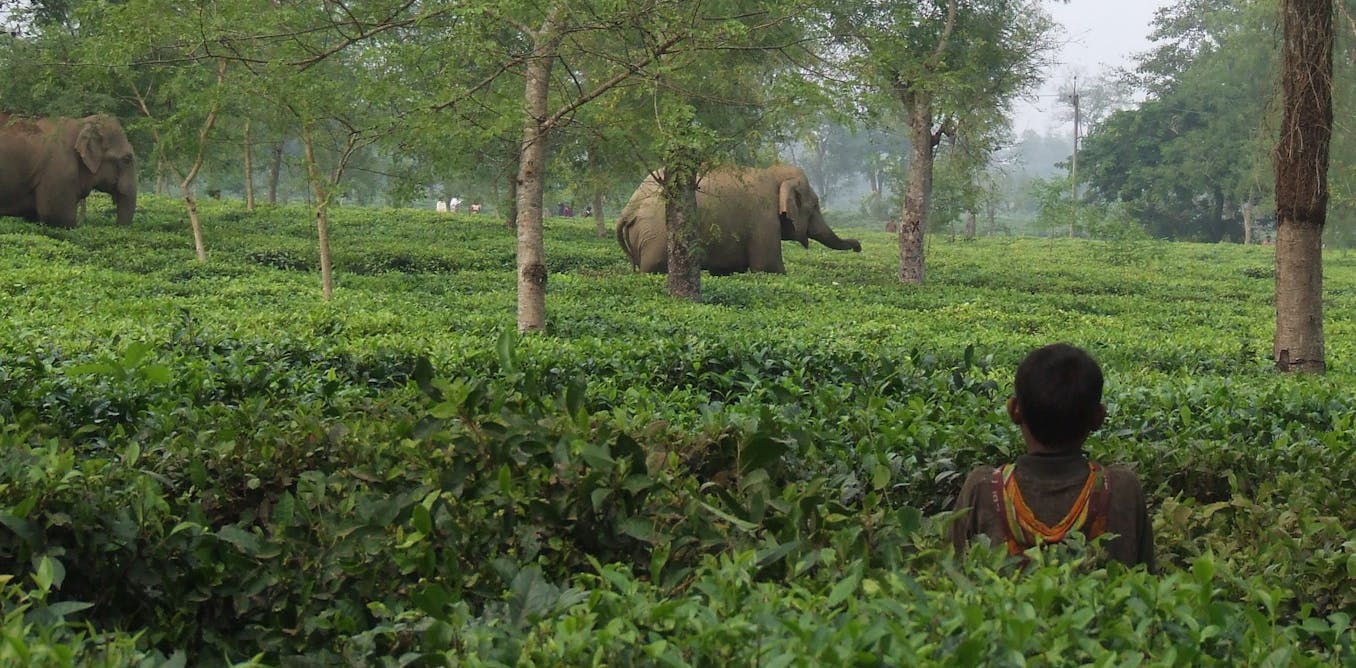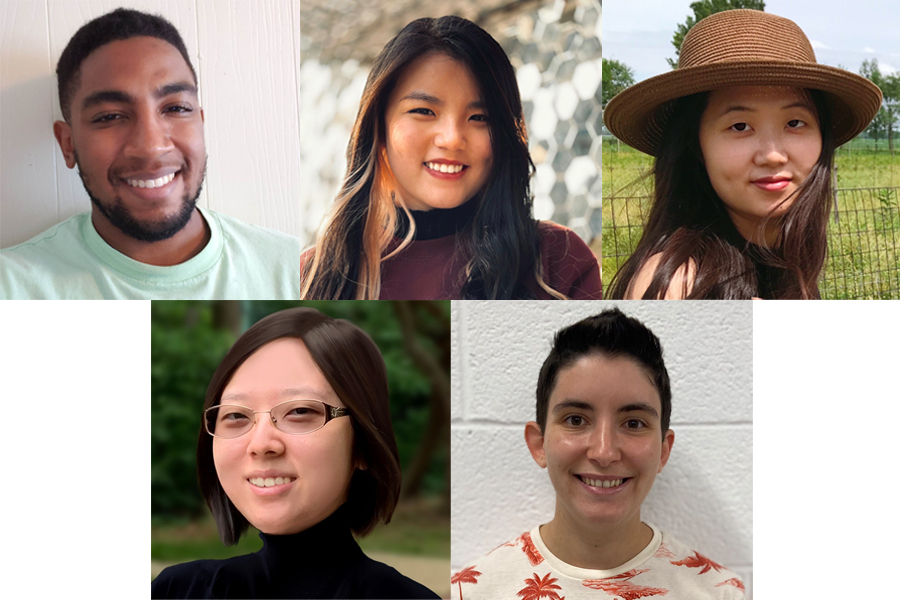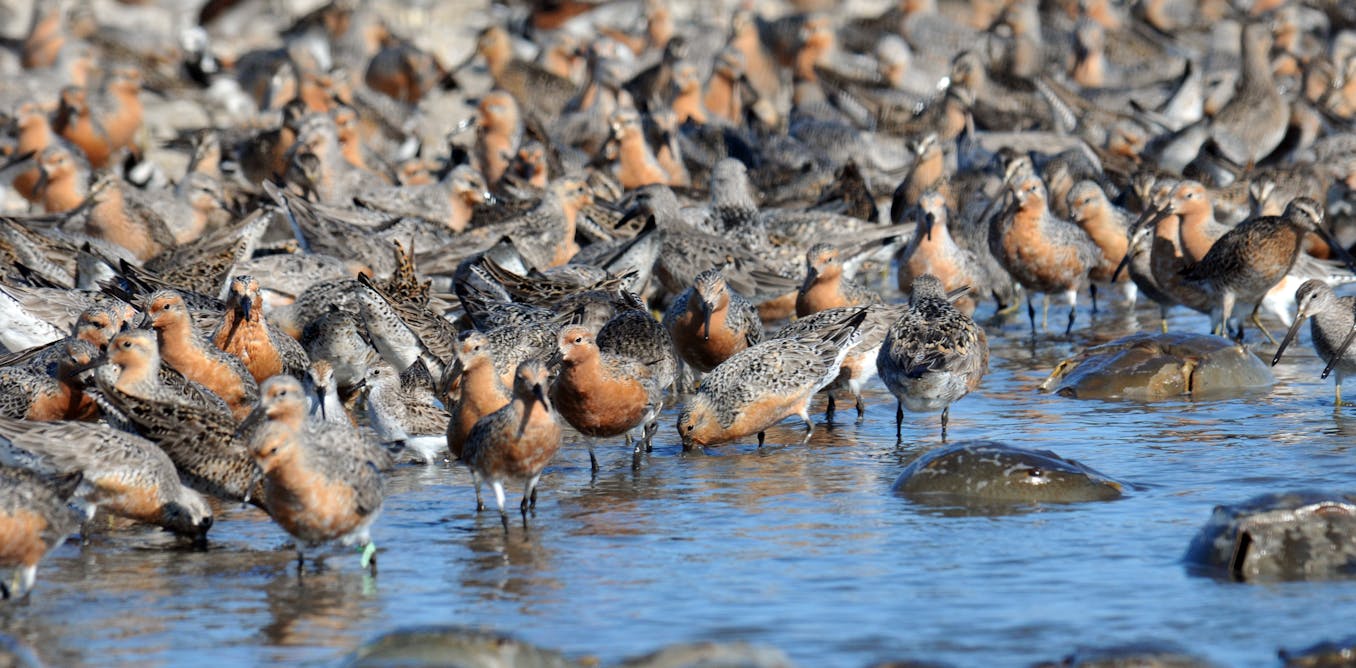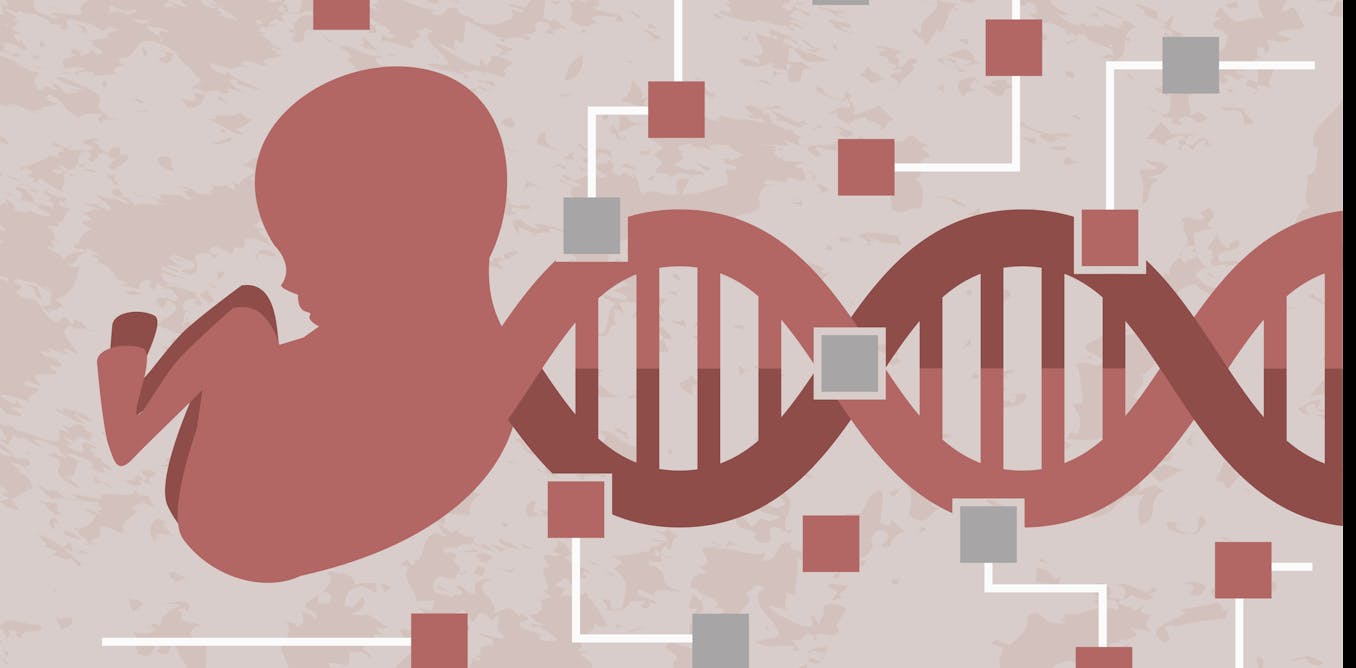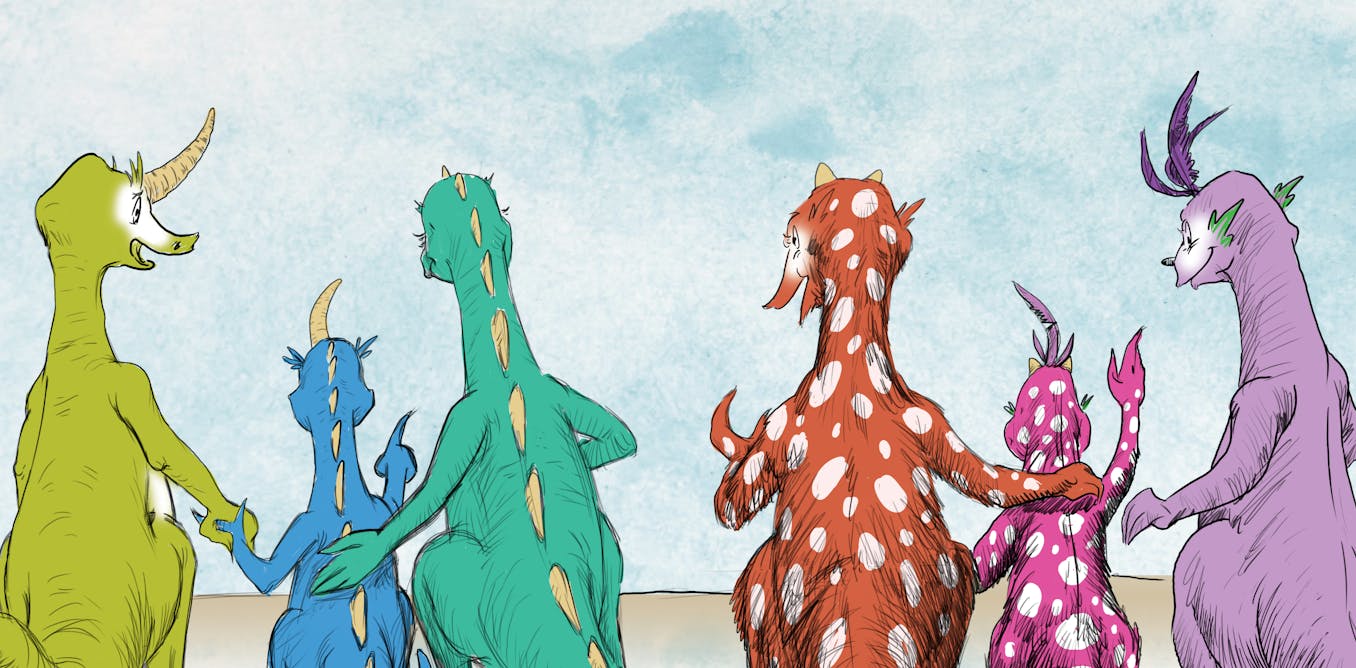Brain-computer interfaces could allow soldiers to control weapons with their thoughts and turn off their fear – but the ethics of neurotechnology lags behind the science
From warfare to entertainment and VR, brain-computer interface development has extended beyond prosthetics for patients with disabilities. Missing is full ethical consideration of the consequences.
Dec. 2, 2022 • ~11 min
Protecting 30% of Earth's surface for nature means thinking about connections near and far
Governments, scientists and conservation groups are working to protect 30% of Earth’s land and water for nature by 2030. Two scientists explain why scale matters for reaching that goal.
Dec. 2, 2022 • ~11 min
Pregnancy is a genetic battlefield – how conflicts of interest pit mom's and dad's genes against each other
Genetic conflict may play a role in pregnancy complications, such as preeclampsia and gestational diabetes, as well as developmental disorders.
Nov. 30, 2022 • ~8 min
What if the dinosaurs hadn't gone extinct? Why our world might look very different
It’s hard to imagine the world without Homo sapiens. But it’s unlikely we would be here if it wasn’t for a chance asteroid collision.
Nov. 24, 2022 • ~9 min
People don't mate randomly – but the flawed assumption that they do is an essential part of many studies linking genes to diseases and traits
People don’t randomly select who they have children with. And that means an underlying assumption in research that tries to link particular genes to certain diseases or traits is wrong.
Nov. 21, 2022 • ~9 min
/
92

